Faculty of Life Sciences
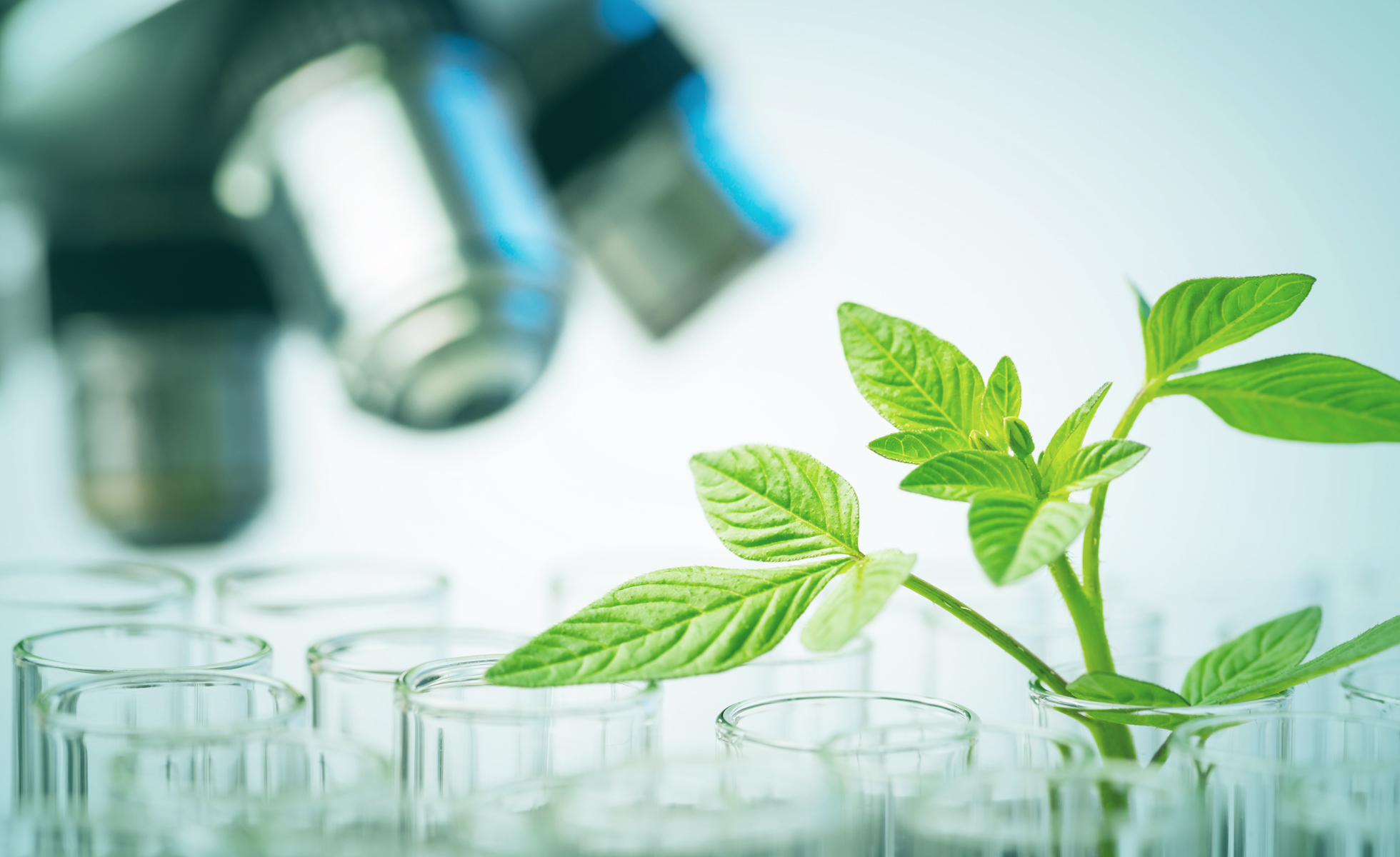
Learning from Life. Solving Questions for the Future.
Students in the Faculty of Life Sciences develop a bird’s-eye perspective and in-depth expertise in various life science fields based on a philosophy and ethics that contemplate the nature of life. They deepen their studies at the Asaka Campus, which provides an environment for intra-campus collaboration in the fields of life and health. The faculty nurtures human resources that will help solve social and global issues—such as medical care, food supply, and environmental problems—and make sustainability in our world a reality.
Departments
- Department of Life Sciences
- The Department of Life Sciences seeks to deepen understanding of the life phenomena exhibited by various living organisms and to elucidate the principles and mechanisms behind them. It produces talented individuals who, by acquiring broad expertise and high ethical standards in the life sciences, can tackle global issues related to human health and medical care, the natural environment, and biodiversity and thereby play a role in the sustainable development of society and the global environment.
- Department of Biomedical Engineering
- Biomedical engineering seeks to develop and enhance highly precise and affordable diagnostic and therapeutic systems, new drugs, and healthcare technologies. The achievements of biomedical engineering fuse biology, medicine, and engineering to provide benefits in improving medical care, welfare, and quality of life and achieving sustainability in our society and environment. Through learning oriented toward applying the life sciences, the Department of Biomedical Engineering produces human resources capable of supporting society by linking their understanding of living organisms and related technologies to manufacturing.
- Department of Biological Resources
- Plants and microorganisms are “biological resources” indispensable for safe and affluent living. The Department of Biological Resources explores those resources and conducts advanced research on their utilization. Food shortages and impacts on the environment and ecosystems brought by population growth are becoming serious issues. The department aims to produce graduates who understand the life phenomena of plants and microorganisms and can utilize them to address health and medical problems and global issues.
Learning Columns
The Learning Columns present articles and videos that describe the activities of Toyo University students and departments.
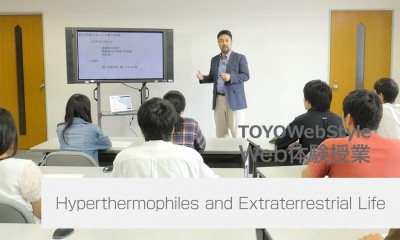
Hyperthermophiles and Extraterrestrial Life
Hiroki Higashibata, Associate Professor (Department of Biological Resources / Faculty of Life Sciences)
Main Research Themes: Applied Microbiology, Biochemical Analysis of Hyperthermophile-Derived Enzymes
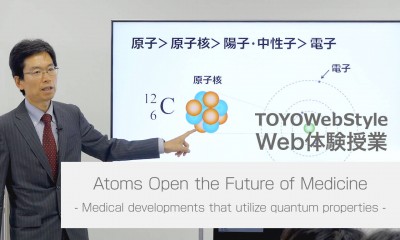
Atoms Open the Future of Medicine, – Medical developments that utilize quantum properties –
Kenji Motohashi, Professor (Department of Biomedical Engineering / Faculty of Life Sciences)
Research Fields: Atomic and Molecular Physics, Surface Physics
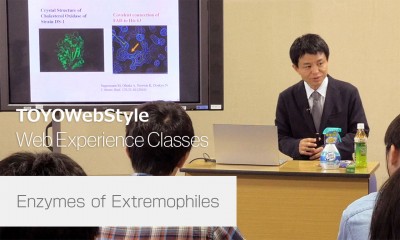
Enzymes of Extremophiles
Noriyuki Doukyu, Professor (Department of Biological Resources / Faculty of Life Sciences)
Main Research Themes: Organic Solvent Tolerant Microorganisms and Enzymes
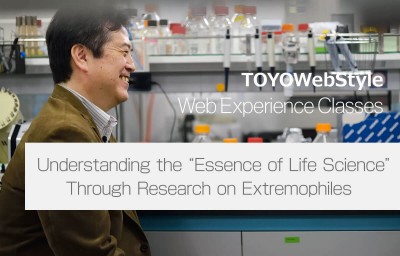
Understanding the “Essence of Life Science” Through Research on Extremophiles
Issay Narumi, Professor (Department of Life Sciences / Faculty of Life Sciences)
Main Research Themes: DNA repair mechanisms of radioresistant bacteria

Learning from the Stress Adaptability of Cells
Taku Nedachi, Professor (Department of Biological Resources / Faculty of Life Sciences)
Research Field: Stress adaptation mechanisms of neurons and muscle cells
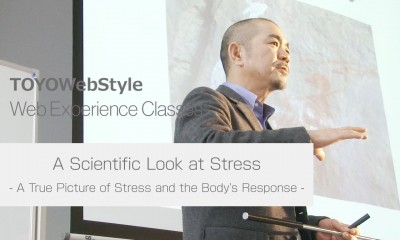
A Scientific Look at Stress, -A True Picture of Stress and the Body’s Response
Jouji Horiuchi, Professor (Department of Biomedical Engineering / Faculty of Life Sciences)
Research Field: Brain and neuroscience, Physiological stress response and regulation
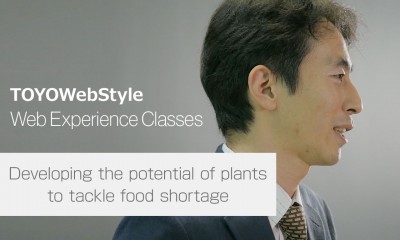
Developing the potential of plants to tackle food shortage
Naoki Hirotsu, Professor (Department of Life Sciences / Faculty of Life Sciences)
Main research themes: Solving the environmental response mechanism of plants, Cultivating new rice cultivars utilizing the environmental adaptability of plants

